Communication in Overwatch – The Complete Guide
Proper communication in games can be the difference between a glorious win and adding another L to your record. I firmly believe that if you pit two teams of equal skill against each other the team with the better communication will win 99% of those games. Even if your team is worse from a technical point of view you can still overcome that by working together as a team. There’s plenty of examples (in real sports and in esports) of underdog teams who have managed to upset stronger teams, and without exception teamwork is always one of the defining aspects of those victories.
Teamwork is achieved through proper communication, so knowing how to effectively do that in games can really improve you as a player. If you haven’t yet read the basic guide and/or come from nowhere when it comes to communicating in games I highly recommend you take a look at my basic guide first, but if you’re already familiar with the basics and want to improve as a team player then read on.
Bonus tip: check the killfeed often
This doesn’t have anything do with you communicating yourself as such, but taking occasional ganders at the killfeed is also essential to communication, since it’s the game telling you what’s going on. I have played with far too many teammates who scream at their mics to ‘push forward you losers’ when we’ve already lost our main tank and healer, for example. This often leads to a ‘we’ve got no heals, you muppet’ and a failed solo push from said muppet. The killfeed offers a wide variety of super useful information (the game itself tells you when D.Va is out of her mech, for example) so you owe it to yourself and your teammates to check it often. With time you’ll get better at checking the feed while playing.
Get a decent mic
You don’t have to buy a gaming headset (in fact a lot of people would advise you to buy a decent set of non gaming headphones and a separate mic) but you do need a decent microphone, and a nice set of cans. It’s insert year here so there should be no excuse for sounding like you’re in a snowstorm fifteen feet below the ground every time you talk because of your 20 year old Walmart headset. I am not saying that you need to spend a fortune on your mic or anything like that, but a decent quality (external) mic isn’t expensive at all these days and will make sure that everyone understands you at all times and prevent your teammates from getting ear cancer. Check out what the pros are using here.
 Have your ‘mic button’ somewhere handy
Have your ‘mic button’ somewhere handy
Most people use a button to open their mic to say something to their team. There’s those who use open mic, but who really wants to hear your keyboard clicking throughout the entire match or your intermittent coughing because you have the flu, right? If you do decide to use a button to speak then make sure to have it somewhere where it will not disturb your overall gameplay. Having your mic bound to 5 on your numpad won’t be of much use since you can’t use it reliably in tense situations without having to stop whatever it is you are doing ingame. This is of course a personal thing, if you find what works for you then you’re all set, but it’s something to keep in mind.
Don’t crowd comms
If you’re queuing up with a six stack and you’re all good pals then by all means do whatever you want to do, but in general it’s a good idea to have the comms be as clutter-free as possible. I’m not saying that you need to communicate like a SEAL team on a covert operation, it’s fine to have a chat with your teammates and have a laugh (obviously, you’re meant to have fun after all) but if you include too much unnecessary chatter in your communications then some of the actually helpful stuff might get drowned out.
Yeah, you might think that Hanzo is a completely broken hero and you totally shouldn’t have gotten killed by him just now, but a simple ‘Hanzo killed me, no Storm Arrows, going to Hotel’ would have sufficed over ‘screw this bullshit Hanzo and his stupid ass abilities what are you even thinking with this hero it’s so stupid and takes no skill at all and’ for two reasons. The first one is that you’re crowding up comms during a teamfight with unnecessary drivel which could cause actual useful callouts to get drowned out. The second one is that, once you’ve finished with your rant, the Hanzo might have already killed another teammate of yours because you decided to focus on game design instead of calling out the fact that the red Hanzo is flanking your team.
Obviously this is situational and more of a ‘guideline’ than a strict rule, so to speak. It’s fine to talk about ‘unrelated stuff’ when you’ve just had a teamkill or are preparing for the next round or whatever. With experience you’ll also get better at knowing when it’s time to ‘keep it tight’ in the communications department. As a general rule though: when you’re all in the thick of it it’s best to keep it to the point.
Stop it with the vague stuff

The face of your teammates when you keep saying ‘enemy on me’. Photo: Robert Paul for Blizzard Entertainment
A lot of people don’t seem to understand that other people don’t have the perspective that you have in the game. What is clear to you might not be clear to someone else. If you say ‘enemy in the tall building thingy he’s going forward’ then no one will know what you’re talking about (unless there’s someone else who is watching this enemy, obviously) whereas ‘Reaper in hotel, going to our backline’ is a much clearer and precise callout.
Locations
Overwatch doesn’t (yet?) have a set of ‘standard callouts’ which games such as CSGO and Halo (for example) do have, but that doesn’t mean that there aren’t universally accepted and recognized callouts. Things such as ‘point,’ ‘mega,’ ‘backline,’ ‘mini,’ ‘main,’ etc. are all used quite often and they’re used quite intuitively. For this reason it’s a good idea to explore every map on your own (in a private game, not during a comp match or something like that) so you know where the mega healthpacks are located and so on. It’s also a good idea to watch some professionals stream and see how they call out different areas in order to get the hang of it.
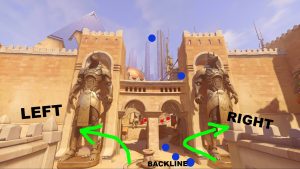 Generally directions are relative to ‘the way you are going,’ so if you’re attacking on Anubis the side with the mega healthpack in the large room is always ‘left’, for example. I’ve created a very impressive drawing to illustrate my point. The red dots (the enemies) would be standing on what you could call out as ‘plateau’ and ‘stairs’ for example, while your last two heroes are ‘in the backline’. The point I am making here is to use callouts which are easy to understand and difficult to misunderstand.
Generally directions are relative to ‘the way you are going,’ so if you’re attacking on Anubis the side with the mega healthpack in the large room is always ‘left’, for example. I’ve created a very impressive drawing to illustrate my point. The red dots (the enemies) would be standing on what you could call out as ‘plateau’ and ‘stairs’ for example, while your last two heroes are ‘in the backline’. The point I am making here is to use callouts which are easy to understand and difficult to misunderstand.
There are websites out there which try to give every spot on the map a specific callout (like it is in CSGO, for example) but some of those proposed callouts are so far-fetched that they mostly generate a ‘where?’ if you use them ingame, even in high level games. Aside from that most callouts in games grow organically and Overwatch doesn’t really benefit from having every spot be named as it’s such a dynamic game and utter precision is of less importance than it is in other games. I do not mean to say that those callouts are wrong (some of them are quite intuitively named and used ingame) but Overwatch as a whole (at least in online matchmaking) uses a bit more of an organic style of callouts for locations, so it’s less important to be able to name absolutely every spot of every map.
Heroes and abilities
It pays off to be specific about the hero you’re playing as well. In general: avoid saying ‘me’ too much. Yes, your hero shows up next to your username when you talk through the ingame client, but if you’re in a massive teamfight with a bunch of randoms then they won’t have time to check who is talking or your icon might already be gone by the time they glance up there. If you’ve got your ult ready as Zarya (for example) say ‘I have Grav’ or ‘I have Zarya ult’ instead of ‘I have my ult”.
If you’re playing as Mercy and you’re getting harassed by Tracer, don’t say ‘Tracer on me,’ say something like ‘Tracer backline, I need help’ (here you’d be saying ‘me/I’, but your teammates know where to look for you since you called out the location) or call out for a specific hero who is close to you to peel for you. These are all guidelines obviously and some people might do things differently, but overall it’s a good thing to avoid as much possible confusion as you can.
Use the ingame ‘pings’
This kind of goes against my advice of ‘get on your mic,’ but for some things it’s better to use the ingame communication wheel, or at least use it together with your voice. If you need healing it’s always better to (also) use the ingame ‘I need healing’ callout, since it shows your location ingame, which makes it easier for the healers to get to you as fast as possible. I have the ‘I need healing’ button bound to ‘F’ (Genji mains might have it bound to the left mouse button, for example) so I can easily and quickly mark my position on the map whenever I need healing and I’m not playing support myself.
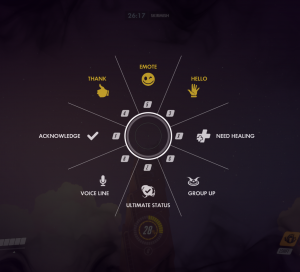 Call out ‘small but useful’ stuff as well
Call out ‘small but useful’ stuff as well
It might seem a bit unnecessary to call out ‘McCree no flash’ and you don’t have to call out every ability that you see being used, but if you just saw the enemy McCree miss his flashbang and go to your Tracer then that information is absolutely vital to your Tracer because she knows McCree’s number one counter against her is on cooldown.
If you have any useful info then use it to your advantage. Just got killed? Check the ult percentage of your enemy on the killcam and relay it to your team. Got Tracer to waste her Recall in a teamfight? Call it out so that your team can burst her down. That sort of stuff.
Knowing what is and isn’t useful to call out is something that comes with experience (and as you gather the thing we call ‘gamesense’) so there isn’t a definitive guide on this but don’t think that ‘just because it’s a small ability’ it can’t be handy to know for your team. The game isn’t all about ults.
What to call out
Note: this is going to be very situational and you don’t have to call out all of this all the time, but it is a guideline. Overwatch has an almost infinite number of possible scenarios that can play out during a match but this part could be handy for people who are completely new to playing competitive games.
- Any enemy ults which you think might be coming or ults which have been used (or are being used) by the enemy team
- Low health enemies
- Flankers (in the form of ‘name of hero coming left’ or whatever, not ‘hey, flanker here‘)
- Enemy positions which aren’t incredibly obvious (you don’t have to call out the Reinhardt standing in front of your entire team, but if you see a Widow setting up on a balcony it’s handy to know)
- Enemy abilities which might be of use to your team (e.g. ‘Winston no Bubble,’ ‘Ana no sleep,’ …)
- When you’re going to ult, especially if it’s a combo ult (e.g. ‘Hanzo, I’m gonna Grav in 3, 2, 1,’ or ‘EMP coming in 3, 2, 1‘ you don’t have to count down for every ult but if you want to combo it can be very handy)
- Your death (not always super necessary, but if you’re playing Mercy or whatever and you die it can be handy to know that your team has lost a healer, for example)
- General ‘quick strategy’ calls which could be of importance or help ‘focus the team’ on one objective (e.g. ‘stagger the baby D.Va,’ ‘focus the Mercy,’ …)
- The location of Symmetra ults or other stationary things such as turrets, Junkrat traps, …
Extra: get a feel for your team and don’t ‘force yourself’ on your team
Some people have difficulty with communicating and find that ‘it only tilts their team’ or whatever. Be mindful of yourself. You might not notice it, but you might be coming across as a condescending ass to your teammates, even though you really mean well. It’s also important to realize that every team will be different.
It is important to get a feel for your team. If a certain player really doesn’t handle your suggestion to switch off a certain hero well then it’s probably best to leave it at that, for example. Millions of people play this game and as such there’s tons of different personality types behind those screens. Much as in real life it’s important that you are able to ‘read the room’.
It is also possible to ‘force yourself’ on your team too hard. It is fine to communicate regular stuff (basic health callouts, ults, …) but if you try to babysit your team a little too hard then there’s a possibility that that doesn’t sit well with the team. Remember that no one elected you as their leader, so it’s not your responsibility to steer the team and have all of them play to your ideas. If you are calling the shots a bit and people are listening and agreeing, then great, keep doing that. But if you feel like your team wants to go a different route then go along with the team. It’s a team game, there is no set hierarchy, you’re all on the same level of the leadership pyramid.
There is also definitely the possibility that you are communicating too much. As with almost anything, moderation is key. There’s no need to call out that McCree used his roll when he exited spawn, or that Tracer used one blink, for example. Aside from that, some groups of people naturally prefer a more laid back style of comms (just saying whatever is really necessary) whilst some will have no problem with a more ‘professional’ style of communication. Again; reading the room is important.
Conclusion
That’s that. For some people this might all be very common knowledge but I’ve noticed (on streams of people from all sorts of SR ranks) and in my own games that a lot of people could really benefit from a ‘basic 101 course’ such as this one. If you have any remarks or suggestions for me to write about in the future (I’m thinking about writing a smaller guide to ‘psychology in gaming’) then feel free to leave a comment. You can also leave a comment if you don’t want me to write anything ever again.
Thanks for reading and have a good day!
Small disclaimer: I have previously posted a prior version of this guide on Reddit and lent permission to others to use that prior version on their websites, which is why you might also find this guide (in a different form) elsewhere.

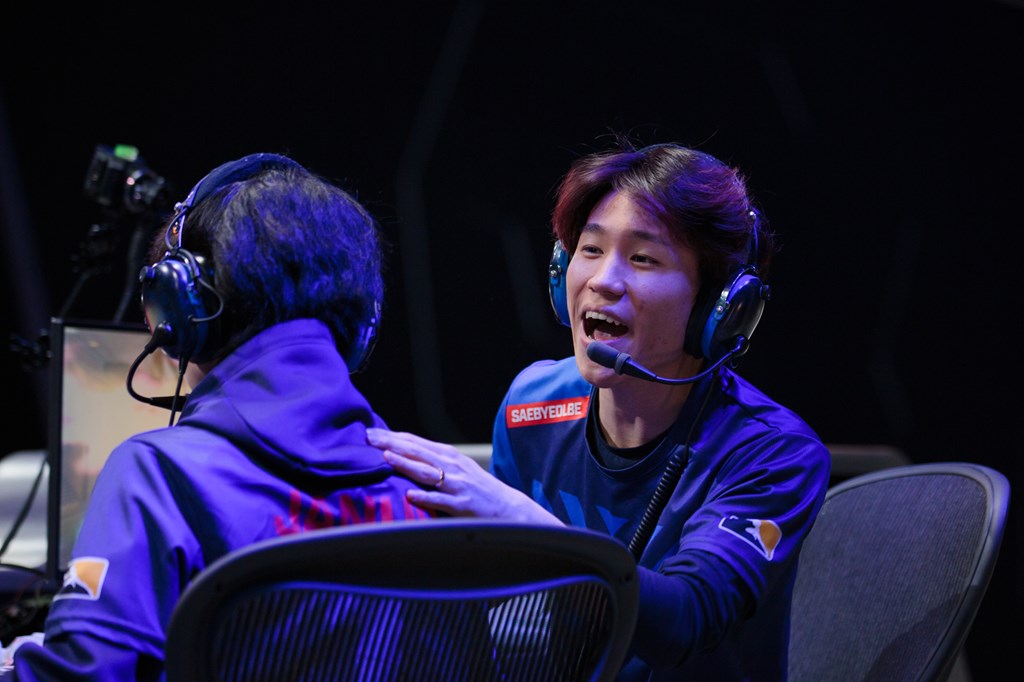
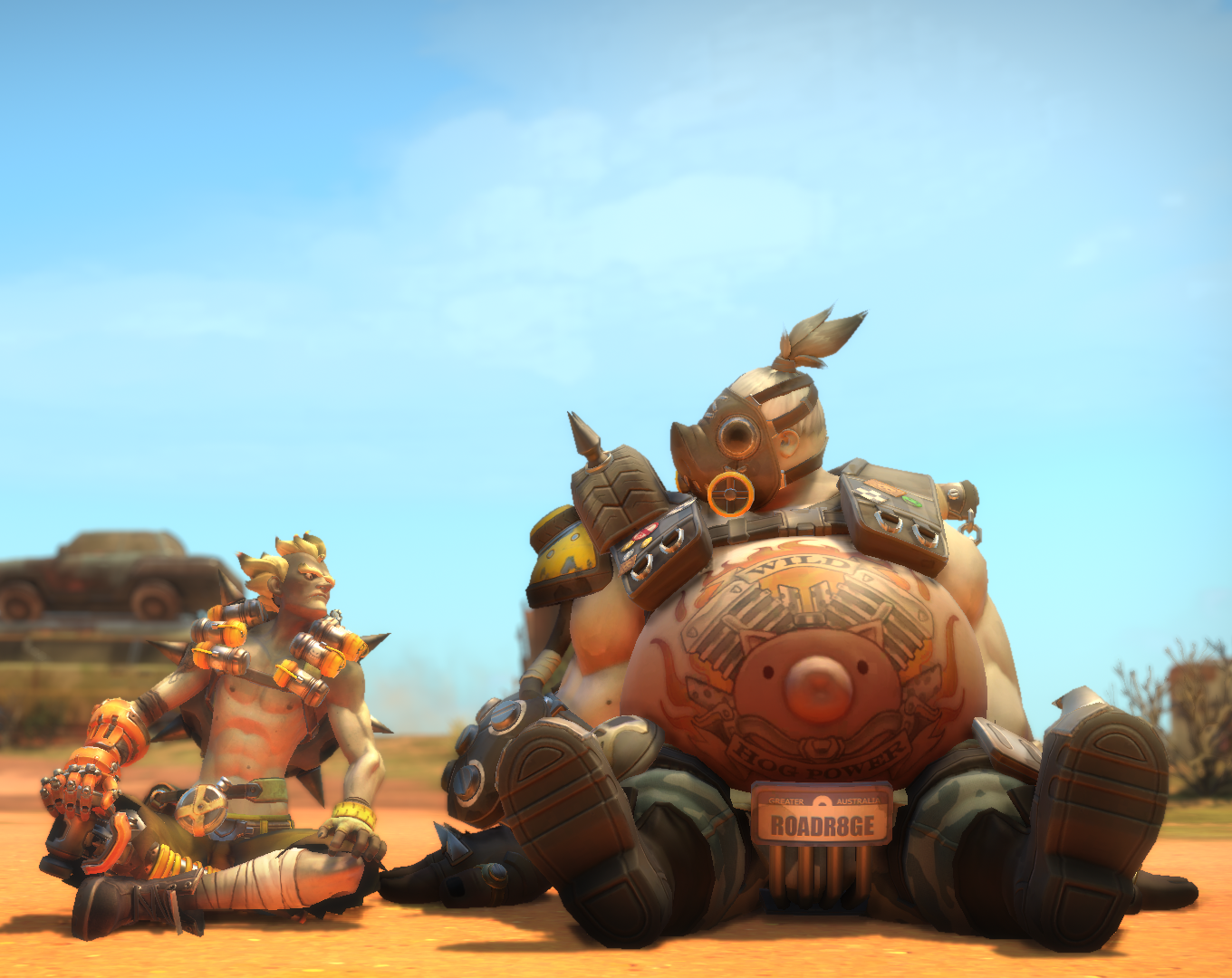
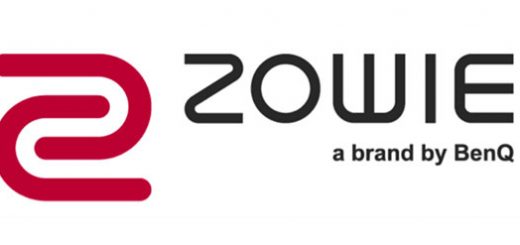
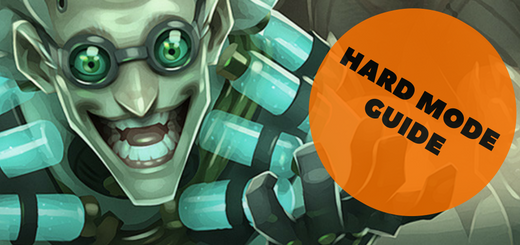
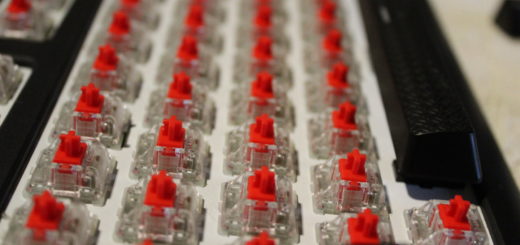

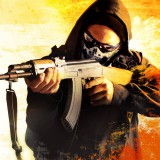

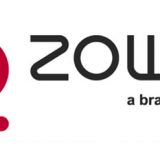



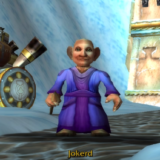
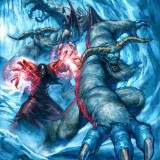
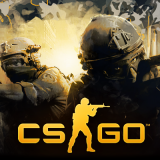
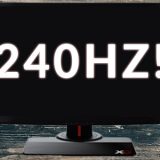
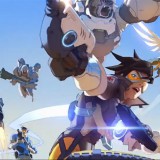


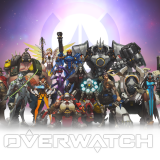


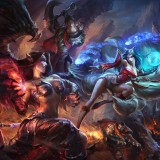

win bet
yono 777
Rummy Bash
3 patti blue
teen patti vip
Rummy Gold
Most Rummy
Rummy Grand
Rummy App
Rummy Apk
3 patti lucky
teen patti king
Rummy Dance
Rummy Kk
Rummy Master
Rummy Master
Rainbow Rummy ..
3 patti lucky
3 patti lucky
Color Rummy
Slots Master
Rummy soft
Yono Games
vip3 patti
Rummy Adda
Rummy Pride
Rummy pride
Rummy Cafe
Card Rummy
Rummy prince
Rummy Dream
Joy Game
Rummy Room
Rummy moment
Transforming the way we communicate through text format. Share your thoughts and engage with others through blog comments.
teenpatti-power
happy ludos
star-teenpatti
teenpatti-star s
teenpatti-empire
fortune-win
svip-3pattiag
winner-super
lucky-clubs
teenpattimilan
teenpatti heart
teenpatti-galaxy
teenpatti kala
rummy-station
rummycyber